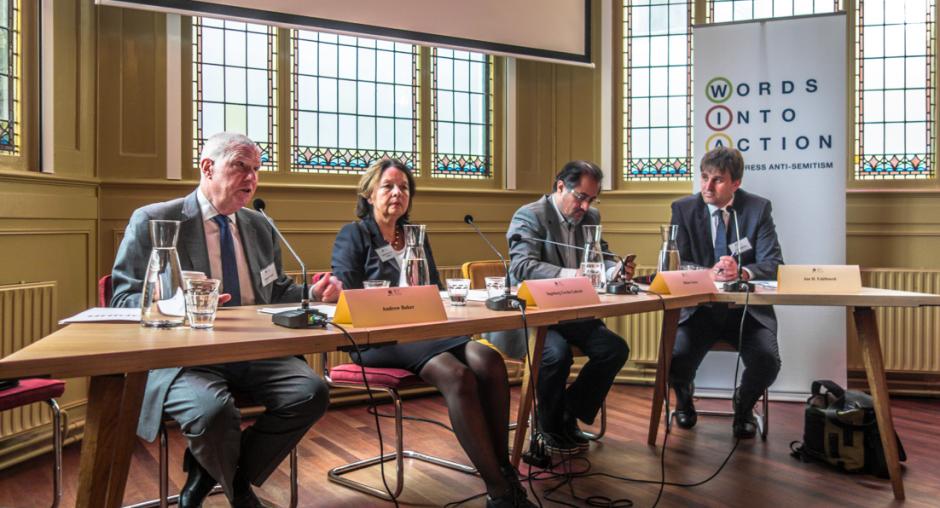ODIHR hosts roundtable event in Amsterdam on religious rites and practices and freedom of religion or belief

The OSCE Office for Democratic Institutions and Human Rights (ODIHR) organized a two-day roundtable on religious rites and practices and freedom of religion or belief in Amsterdam on 4 and 5 July with representatives from Jewish and Muslim communities and other interested stakeholders.
Sixty participants discussed the implications of regulations related to male circumcision, religious slaughter and religious clothing on the freedom of religion or belief, in light of recent attempts to impose restrictions on these rites and practices in a number of OSCE participating States. Experts presented country-specific case studies of policies related to these religious rites and practices.
“Laws that limit Muslim, Jewish or anyone’s right to freedom of religion or belief through restrictions on practices actually contribute to a less tolerant society and will only push religious minorities further to the margins,” said Julie Pascoët, Senior Advocacy Officer at the European Network Against Racism (ENAR). “Promoting the right to such religious practices means promoting a more tolerant society for everyone.”
The event also provided an opportunity for Jewish and Muslim community leaders to learn how to build sustainable national advocacy coalitions that promote tolerance and non-discrimination and are committed to advancing freedom of religion or belief for all.
Ilan Cohn, Project Manager at ODIHR said: “Diverse communities must join together in the face of intolerance and discrimination. Forming strong, interfaith coalitions is a very promising method of helping to safeguard everybody’s right to freedom of religion or belief, while also building bridges between communities.”
The OSCE Office for Democratic Institutions and Human Rights (ODIHR) is mandated to assist participating States, religious or belief communities, and civil society organizations in protecting and promoting the right to freedom of religion or belief for all. The event in Amsterdam was organized as part of ODIHR's “Turning Words into Action to Address Anti-Semitism” project, which is funded by the German Federal Foreign Office.
